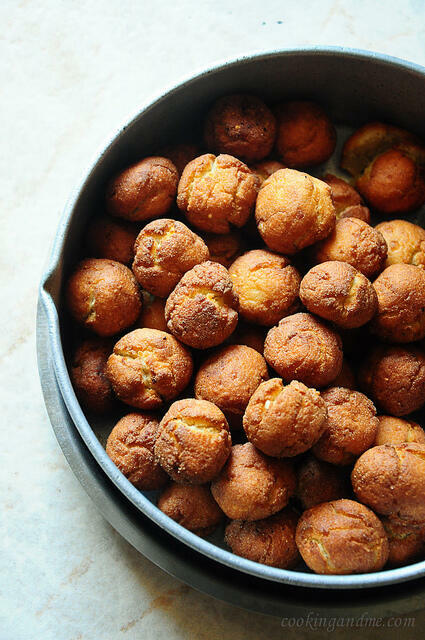It is Deepavali time in India, and anywhere in the world that the Hindu, Jain, and Sikh diaspora celebrates it.
This atheist doesn't observe the high holy days; every day that I am alive and well is a holy day. But, the calendar of major events rarely escapes my attention, similar to how I keep track of football and baseball scores even though I don't really follow any team or sport. (I suppose it is blasphemous to put sports and religion on the same plane.)
I am intentionally using the word Deepavali because that is what we said during my years back in the old country. But, perhaps the more common usage is "Diwali."
"Diwali" annoys my sensibilities for one highly frustrating reason--there is no "w" sound in the Indian languages.
Why overthink the "w" in Diwali, you might ask. Why not simply shrug my shoulders and move on, right? Especially when I don't even observe Deepavali like we used to when I was a kid. But, hey, thinking and overthinking is all that I can do. You, more than me, should be worried if I stop thinking!
Anyway, back to Deepavali.
I suppose it doesn't matter if it is Deepavali or Diwali. Nor does it matter if you are a Hindu, or a Scientologist or even an atheist. It is merely yet another reason to enjoy eating sweets. Like this one:
I am intentionally using the word Deepavali because that is what we said during my years back in the old country. But, perhaps the more common usage is "Diwali."
"Diwali" annoys my sensibilities for one highly frustrating reason--there is no "w" sound in the Indian languages.
Sanskrit and its offsprings, and the Dravidian languages too, do not have a "w" sound that we run into in English, which is why many of us from that part of the world end up pronouncing, for instance, wax as vax or van as wan. It took me a while to get over the v/w pronunciation hassle, and even now sometimes it trips me up.
When Diwali is written in Hindi (दिवाली) it is a "v." "தீபாவளி" in Tamil has the letter for "v"--there is no "w" in Tamil! Hence, Diwali should be spelled with a "v" and pronounced with that "v" sound as Divali. I wonder why the old country's grammarians were so lax with introducing "w" where it does not belong. When in doubt, blame the British I say!
When Diwali is written in Hindi (दिवाली) it is a "v." "தீபாவளி" in Tamil has the letter for "v"--there is no "w" in Tamil! Hence, Diwali should be spelled with a "v" and pronounced with that "v" sound as Divali. I wonder why the old country's grammarians were so lax with introducing "w" where it does not belong. When in doubt, blame the British I say!
Why overthink the "w" in Diwali, you might ask. Why not simply shrug my shoulders and move on, right? Especially when I don't even observe Deepavali like we used to when I was a kid. But, hey, thinking and overthinking is all that I can do. You, more than me, should be worried if I stop thinking!
Anyway, back to Deepavali.
I suppose it doesn't matter if it is Deepavali or Diwali. Nor does it matter if you are a Hindu, or a Scientologist or even an atheist. It is merely yet another reason to enjoy eating sweets. Like this one:
Americans might think these are "doughnut holes" .... nope. These are "vella cheedai"
Meanwhile, Indians reading this are wondering how one can make and sell "holes." Only in America! 😁
Mother made phenomenal sweets for Deepavali. My favorites were the cashew sweet and the gulab-jamuns that she made. In the days leading up to Deepavali, my brother and I often swung by the kitchen and the pantry areas whenever mother was not around and gobbled up sweets that were off-limits to us until the big day arrived.
That past is a contrast to the contemporary life in which sweets are rarely made at home. Stores sell them every single day, and there is nothing special about any sweet anymore. Abundance has killed the precious value of everything including sweets. In my adopted land, which is the global poster-child for abundance and consumption, the diaspora can even buy sweets that no grandmother ever made in India, like this one, which is "sandwich gulab jamun filled with sweetened milk solids."
The increasing number of Hindu, Jain, and Sikh immigrants has resulted in New York declaring that "the festival represents the victory of light over dark, good over evil and knowledge over ignorance" will be an official holiday in New York schools. And, yes, the Indian-American Vice-President held a Diwali weekend.
Have an awesomely sweet day, and may light drive out the literal and metaphorical darkness.


No comments:
Post a Comment